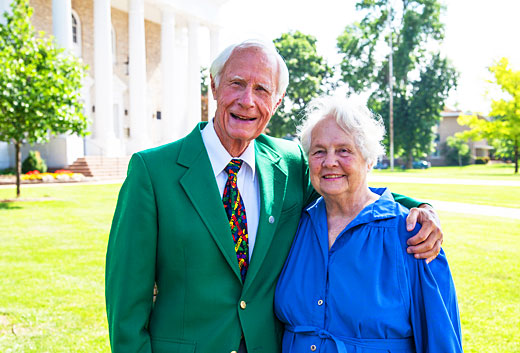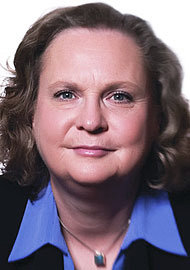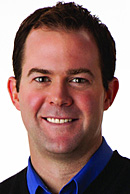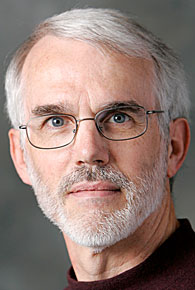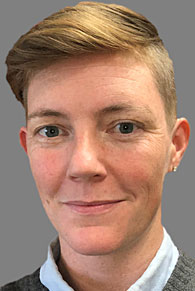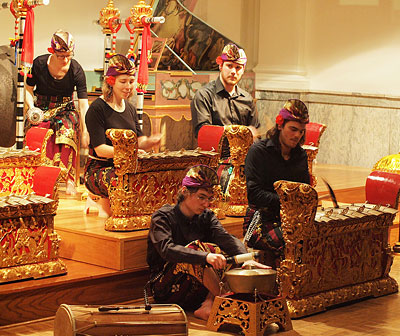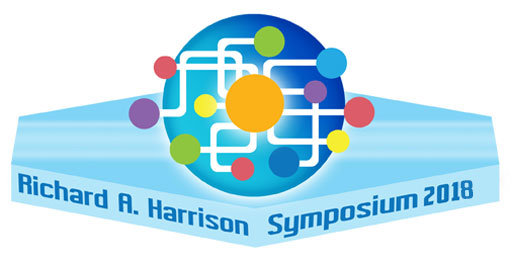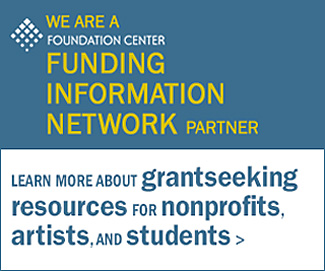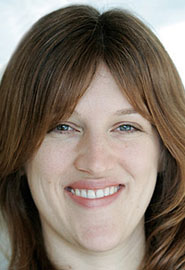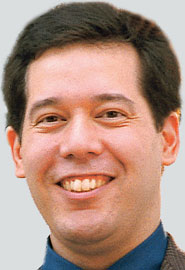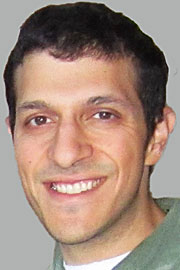The creative talents of 12 Lawrence University student art majors will be showcased in the annual Senior Major Exhibition opening Friday, May 25 in the Wriston Art Center Galleries. The exhibition, which is free and open to the public, runs through July 1.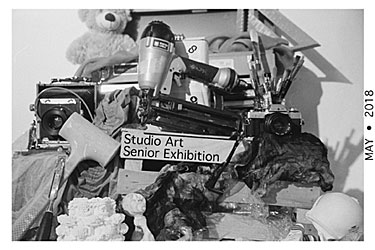
Media in the exhibition include paintings, prints, photographs, ceramics, installations, and sculptures in various materials including wood, plaster, steel and 3D-printed PLA plastic.
“Several of this year’s senior art majors have merged their multidisciplinary interests and their studio practices,” said Beth Zinsli, director and curator of the Wriston galleries. “Their works featured in the exhibition explore mathematical theorems, the history of science and invention, biodegradable plastics, the visualization of psychological and emotional states, and 3D printer programming.
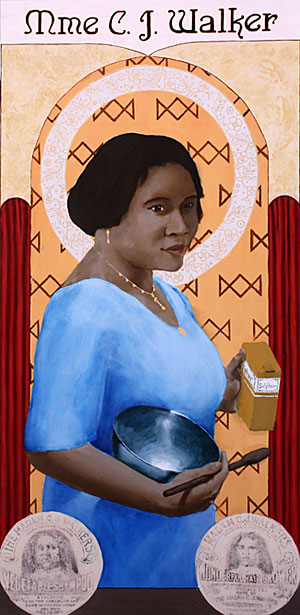
“Other students’ works delve deeply into the idea of memory and identity, examining the continued significance of childhood experiences like transnational adoption or the death of a loved one as they transition through college and into adulthood,” Zinsli added. “Sculpture in a variety of media is quite dominant this year, but there are excellent examples of photography, painting, printmaking, and mixed media pieces as well.”
The student exhibitors include: Eryn Blagg, Omaha, Neb.; Natalie Cash, Elgin, Ill.; Molly Froman, San Francisco, Calif.; Aedan Gardill, Waunakee; Susie Hendrix, Appleton; Emily Hunt, Aurora, N.Y.; Kori Looker, Weyauwega; Jake Ryan, Medford, Ore.; Penn Ryan, Madison; Elizabeth Utter-Limon, Milwaukee; Lizzy Weekes, Milton; and Rachael Wuensch, Reedsburg.
Wriston Art Center hours are Tuesday-Friday 10 a.m. – 4 p.m., Saturday-Sunday noon – 4 p.m. The galleries are closed Mondays. For more information, call 920-832-6621.
About Lawrence University
Founded in 1847, Lawrence University uniquely integrates a college of liberal arts and sciences with a nationally recognized conservatory of music, both devoted exclusively to undergraduate education. It was selected for inclusion in the book “Colleges That Change Lives: 40 Schools That Will Change the Way You Think About College.” Engaged learning, the development of multiple interests and community outreach are central to the Lawrence experience. Lawrence draws its 1,500 students from nearly every state and more than 50 countries.
